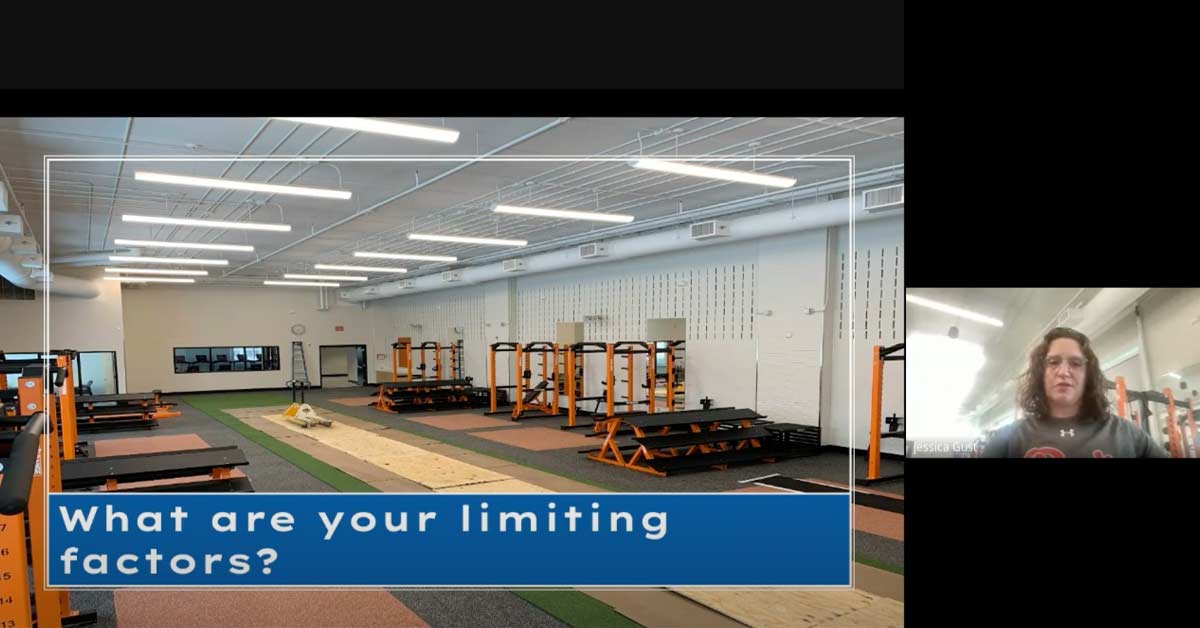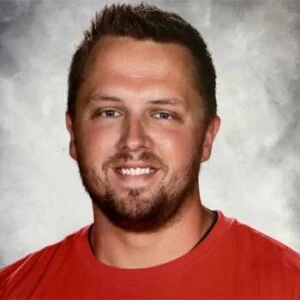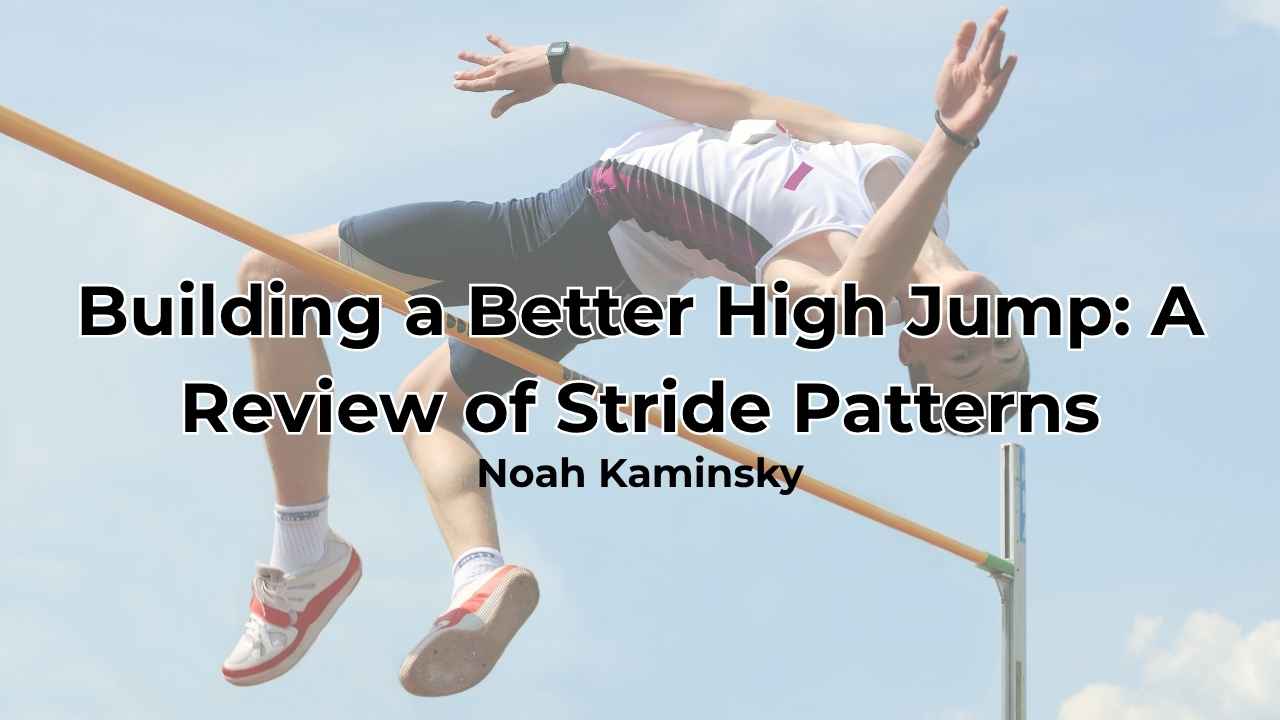When you hear that S&C coaches are meeting up to share ideas and collaborate about implementing their programs, most would likely imagine a discussion on training methods, the value of the Olympic lifts, or sprint training techniques. While each of these are important—and, to an extent, were all discussed this week—Coach Jessica Gust from St. Louis Park, Minnesota, discussed arguably the most important aspect of program implementation and introduced us to the term environmental psychology.
Three of the most prominent takeaways from this week’s episode include:
- The intentional design of the weight room space.
- Using psychological practices to optimize our environment.
- Developing systems to create efficiency.
Purposeful Design & Environment
Coach Gust details her decision-making process when designing the room she now operates in and describes these considerations in a well-organized presentation spotlighting four spatial design considerations:
- Open space.
- Lots of light.
- Stand-alone work spaces.
- A garage door.
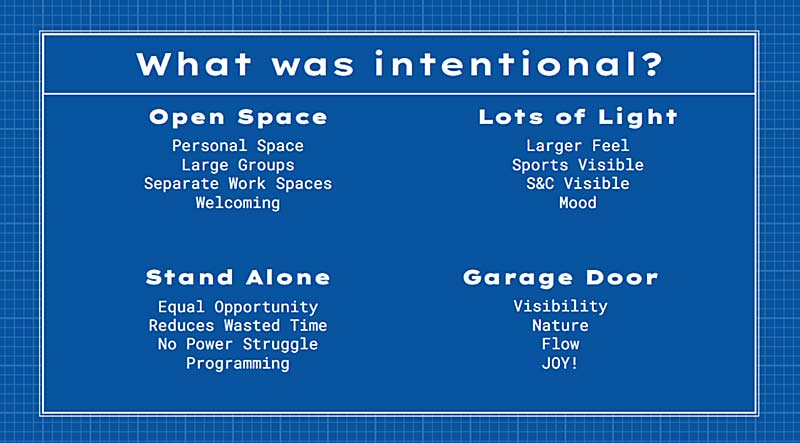
Coach Gust also explains the concept of environmental psychology, an inclusive branch of psychology that considers the athlete’s needs in providing an environment that allows them to flourish. As coaches, our program design and implementation account for so many variables, but if we do not account for the needs of the athletes, we may neglect portions of their emotional states that need to be addressed to support an optimal environmental stimulus.
Our program design and implementation account for so many variables, but if we do not account for the needs of the athletes, we may neglect portions of their emotional states that need to be addressed. Share on X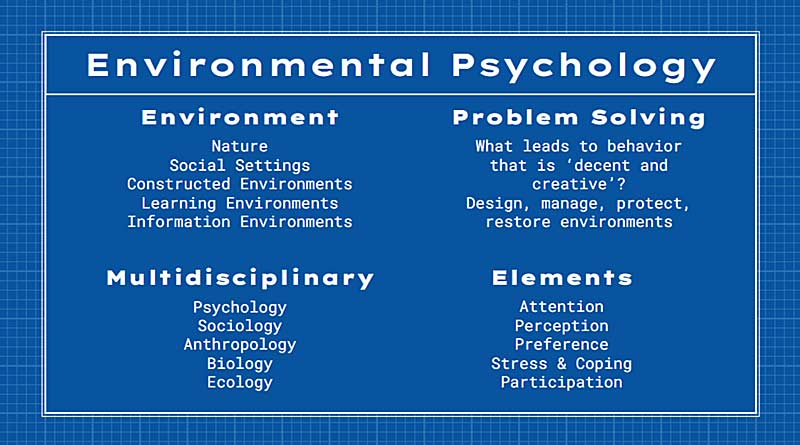
This leads to the final key takeaway: the importance of systems. If we can account for the environmental needs of the athletes, our systems can empower them to experience the desired stimulus for development.
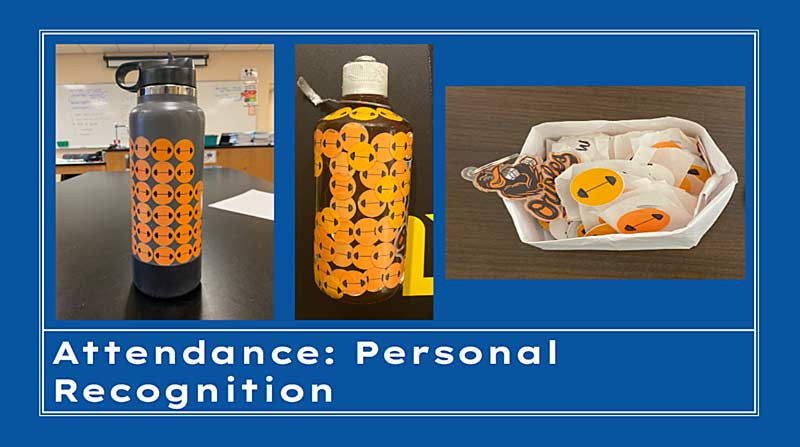
Coach Gust describes several ways that she incentivizes attendance, effort, and progress:
- Social media recognition.
- Attendance: personal recognition/perfect attendance recognition.
- 100+ Shirts—any kid who attends 100+ workouts in a year gets a shirt.
- Beast award—1 male, 1 female, stays on the wall.
- PR Rings—(date, lift, new PR number).
Video 1. This week’s full session with Coach Jessica Gust
Panel Q&A
This week’s panel included Missy Mitchell-McBeth and Elton Crochran.
Coach Mitchell-McBeth: “From the perspective of an introverted coach that wants to manage the session—aside from efficient systems allowing you to go build relationships and coach, are there any other strategies that you use to check your natural introverted tendencies?”
Coach Gust: “When a kid tells me an important event coming up or tells me why they can’t make a session, I write them in a notebook. Keeping a reminder of important dates and events in kids’ lives, such as, ‘Check with Mason on driver’s test,’ reminds me to follow up on the things that kids care about most. The notebook allows me to remind myself to have those interactions and build habits of relationship skills.”
Keeping a reminder of important dates and events in kids’ lives reminds me to follow up on the things that kids care about most, says @slplift. Share on XCoach Croc: “When managing multiple teams, how do you get coaches to march to the beat of a single drum, your drum, rather than their own method?”
Coach Gust: “I’ve had a high turnover here because SLP can be a ‘stepping-stone job’ for many of our sport coaches. One thing I leverage is asking coaches to be very vocal about the positives of what they see when around other coaches. I ask the kids to talk to their coaches about the positives of our program and be very open about how often they want to be in the weight room. I aim to give our coaches extra time to have their staff meetings, do bus schedules, equipment etc…allow me to alleviate the stress of the to-do list. This allows coaches to find even more value in scheduling weight room time.”
Until Next Summer
Summer School has brought the opportunity to hear six weeks of insight into programs of different varieties and with different constraints. Organically, each session took divergent turns, highlighting what each coach holds valuable. Some common weekly themes included the importance of building relationships, simplicity in programming, and systems built for efficiency. However, each presenter layered the art of the profession, describing different methods and tactics to accomplish the same goal.
As the summer winds to an end, I hope that you found value in our presenter and panel conversations. As school starts back up, remember the importance of the art in what we do. Relationships with our coworkers, other S&C professionals, athletes, and parents matter. Prioritize the systems that we put in place, and work to build an inclusive environment for athletes to thrive.
Finally, thank you to Simplifaster for providing a platform for this series to be promoted. Simplifaster has proven to be the premier platform for education and technology for strength coaches, and there is no better partner for this series, thank you for your support.
I hope you all have a great school year. See you all next year!
Since you’re here…
…we have a small favor to ask. More people are reading SimpliFaster than ever, and each week we bring you compelling content from coaches, sport scientists, and physiotherapists who are devoted to building better athletes. Please take a moment to share the articles on social media, engage the authors with questions and comments below, and link to articles when appropriate if you have a blog or participate on forums of related topics. — SF

